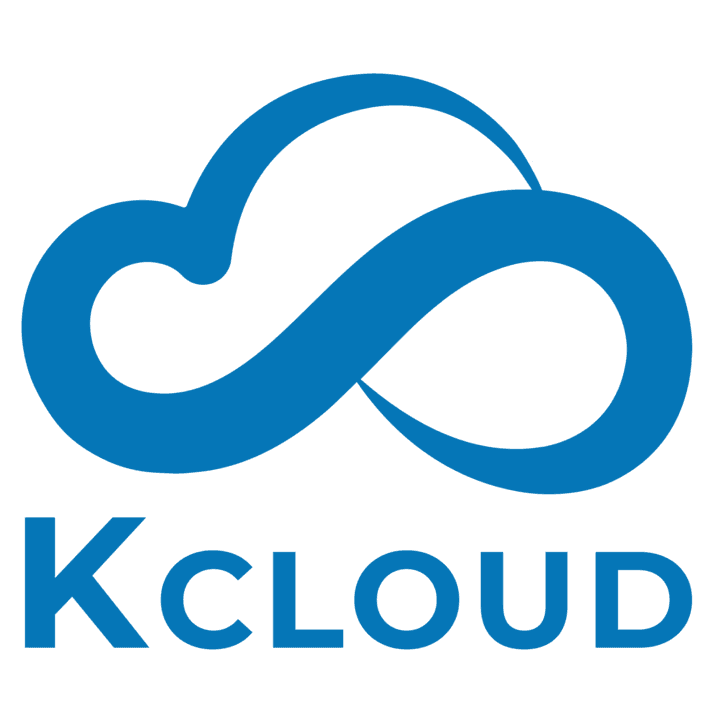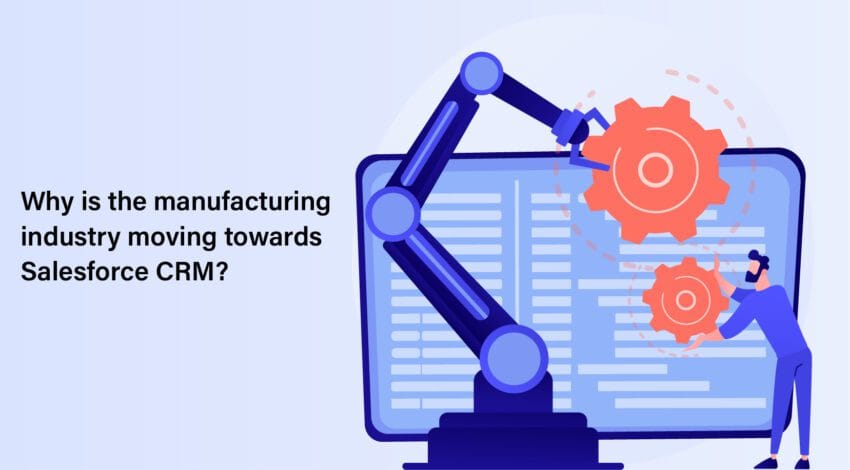The manufacturing industry is experiencing a significant shift toward adopting Salesforce CRM (Customer Relationship Management) solutions to drive growth, streamline operations, and enhance customer experiences. Here are some key reasons why manufacturers are embracing Salesforce CRM:
Improved Customer Engagement: Salesforce CRM enables manufacturers to better understand their customers’ needs, preferences, and buying behaviors. With a centralized database of customer information, manufacturers can provide personalized and tailored experiences, offer relevant product recommendations, and engage with customers at every stage of the buying journey. This enhanced customer engagement fosters loyalty, increases customer satisfaction, and ultimately drives revenue growth.
Sales and Opportunity Management: Salesforce CRM equips manufacturing companies with robust sales and opportunity management capabilities. Sales teams can efficiently manage leads, track opportunities, and forecast sales pipelines, enabling them to prioritize and close deals effectively. By gaining real-time visibility into sales activities and performance metrics, manufacturers can optimize their sales processes, identify growth opportunities, and drive sales productivity.
Streamlined Supply Chain Management: The manufacturing industry relies heavily on efficient supply chain management to ensure timely production, delivery, and inventory management. Salesforce CRM offers features such as inventory tracking, order management, and supplier collaboration, enabling manufacturers to streamline their supply chain processes. This real-time visibility and collaboration enhance operational efficiency, reduce costs, and minimize disruptions in the production and delivery cycle.
Enhanced Collaboration and Communication: Salesforce CRM provides a centralized platform that promotes collaboration and communication across departments and teams within manufacturing organizations. Sales, marketing, customer service, and other teams can easily share information, access real-time data, and collaborate on customer-centric initiatives. This seamless collaboration leads to better alignment, improved decision-making, and faster response times, ultimately enhancing overall organizational efficiency.
Analytics and Business Intelligence: Salesforce CRM offers powerful analytics and business intelligence capabilities that help manufacturing companies gain valuable insights into their operations, customer behavior, and market trends. By analyzing data related to sales, customer interactions, and market dynamics, manufacturers can make data-driven decisions, identify growth opportunities, and proactively address challenges. These insights enable manufacturers to optimize their processes, refine product strategies, and stay competitive in a rapidly evolving industry.
Customer Service and Support: Exceptional customer service is crucial in the manufacturing industry, where prompt issue resolution and effective support are vital. Salesforce CRM equips manufacturers with tools to manage customer service requests, track cases, and provide timely support. This streamlined customer service process improves customer satisfaction, strengthens relationships, and helps manufacturers differentiate themselves in a highly competitive market.
Scalability and Customization: Salesforce CRM offers scalability and flexibility to accommodate the unique needs and growth aspirations of manufacturing companies. As businesses expand, Salesforce CRM can easily scale to handle increasing data volumes, users, and transactions. Additionally, the platform’s customization capabilities allow manufacturers to tailor the CRM system to their specific requirements, ensuring a solution that aligns with their business processes and workflows.
In conclusion, the manufacturing industry is increasingly turning to Salesforce CRM to drive growth, improve operational efficiency, and enhance customer experiences. By leveraging the power of Salesforce CRM, manufacturers can effectively engage with customers, optimize their sales processes, streamline supply chain operations, enhance collaboration and communication, gain valuable insights through analytics, deliver exceptional customer service, and scale their operations to meet evolving business needs. Embracing Salesforce CRM enables manufacturing companies to stay competitive, adapt to market changes, and thrive in an industry that demands agility and customer-centricity.
How CRM Resolves Manufacturing Pain Points:
Enhanced Sales Performance and Lead Conversion:
Implementing a robust CRM like Salesforce in the manufacturing industry allows for efficient lead management, ensuring that valuable time is not wasted on ineffective leads. With Salesforce Sales Cloud, sales conversations, accounts, leads, and opportunities can be seamlessly managed in one system. This integration leads to improved sales pipeline management, increased closed deals, and the ability to generate upsell and cross-sell opportunities through integrated marketing automation and analytics tools like Salesforce Pardot. The CPQ (configure-price-quote) feature further aids in creating customized product catalogs and managing quotations effectively.
Improved Customer Satisfaction:
CRM plays a vital role in enhancing customer experience by providing a comprehensive understanding of customer preferences and behaviors. With CRM, manufacturers can gather and analyze customer data, enabling them to offer personalized experiences. Salesforce Service Cloud allows companies to track, manage, and resolve customer queries efficiently in one place, resulting in faster response times and reduced customer wait times. By nurturing customer relationships based on valuable insights, manufacturers can substantially improve customer satisfaction and loyalty.
Accurate Forecasting:
Utilizing Salesforce CRM’s capabilities, manufacturers can track customer orders and generate reliable sales forecasts. The integration of Einstein analytics allows companies to understand customer buying behavior, identify patterns, and make accurate sales estimates for future planning. This data-driven forecasting enhances production planning, ensuring timely and efficient order fulfillment. Accurate forecasting enables manufacturers to stay ahead of the competition and meet customer demand effectively.
End-to-End Supply Chain Visibility:
CRM provides detailed insights into operations, inventory management, order processing, warehousing, and distribution networks within the manufacturing industry. By leveraging CRM, manufacturers gain better visibility into their supply chain, facilitating improved production planning and control. Additionally, workflows and automated procedures can be created to streamline operations, optimizing the flow of resources and materials from the shop floor to the market.
Seamless Integration with ERP:
For manufacturers, integrating CRM with ERP is essential to maximize operational efficiency. Salesforce offers seamless integration with ERP systems, allowing for synchronized information flow across all departments. This integration saves time and enables better visibility into essential operations. By synergizing CRM and ERP, manufacturers can enhance overall efficiency, effectiveness, and data management within the industry.
In summary, the implementation of CRM, such as Salesforce, in the manufacturing industry resolves pain points by improving sales performance and lead conversion, enhancing customer satisfaction, enabling accurate forecasting, providing end-to-end supply chain visibility, and integrating with ERP systems. By leveraging the power of CRM, manufacturers can optimize their processes, drive growth, and gain a competitive edge in a rapidly evolving market.
For services, contact us at sales@kcloudtechnologies.com
For more information, you can schedule a demo call with us, by mail at conatct@kcloudtechnologies.com

